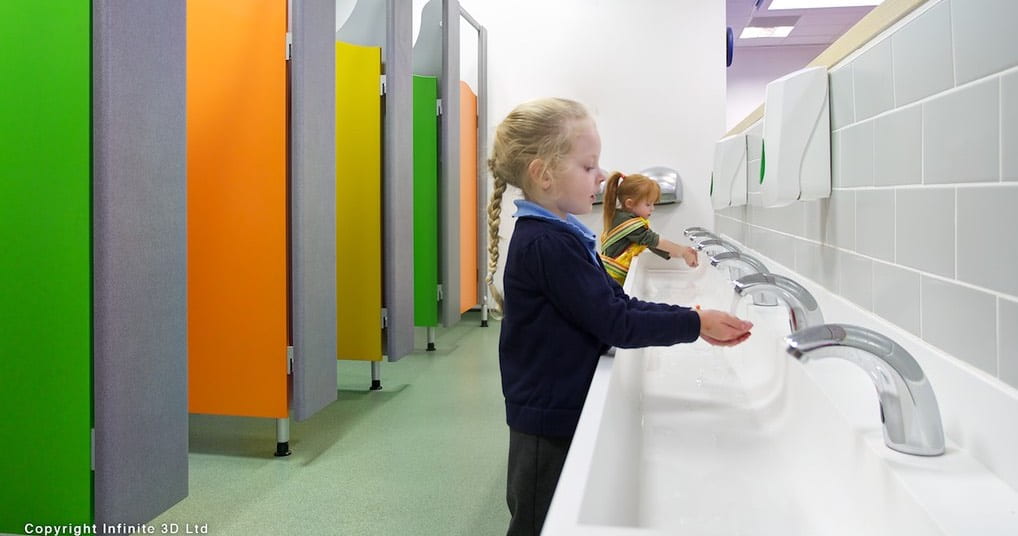The future of primary education in England: a response to recent discussions
By Blog Editor, IOE Digital, on 20 June 2024

Credit: Phil Meech for UCL
20 June 2024
By John White
I agree so much with the arguments running through the four recent blog posts on primary education from the Helen Hamlyn Centre for Pedagogy. Today, curriculum and pedagogy are dominated by assessment requirements. This explains why so much of the curriculum is about knowledge acquisition and regurgitation – and, as Alice Bradbury’s piece points out, why so many pupils are bored or anxious about their Sats performance. Children are, after all, active, inquisitive, creative creatures. They need a curriculum, pedagogy and assessment system befitting these qualities. (more…)
 Close
Close



 28 March 2022
28 March 2022





